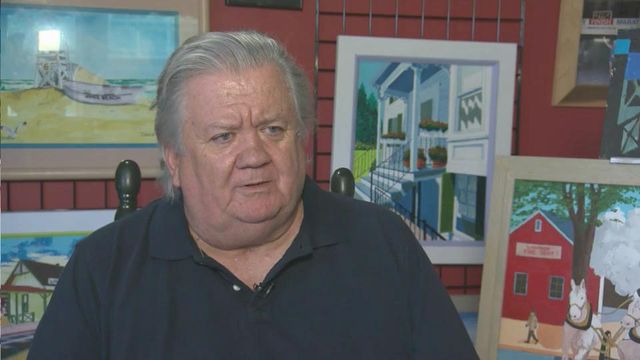Study shows some stroke survivors suffer PTSD
Most people associate post-traumatic stress disorder with soldiers who come back from war. Now more research shows suffering a serious medical scare like a stroke can lead to PTSD.
Posted — UpdatedMost people associate post-traumatic stress disorder with soldiers who come back from war. Now more research shows suffering a serious medical scare like a stroke can lead to PTSD.
Peter Cornelis took up painting to help him focus after having six strokes and brain surgery.
“You’re always worried about having it happen again,” he said.
Cornelis now suffers from depression and anxiety. Doctors have diagnosed the 62-year-old with PTSD.
“Patients have a lot of re-experiencing of the event, which are things like having nightmares or flashbacks or just having lots of thoughts about having had the stroke that they don't really want to be having,” said Dr. Ian Kronish, study author at Colombia University Medical Center.
Kronish said doctors need be on the lookout for signs of depression, anxiety and PTSD in their stroke patients so they can get the treatment they need.
It's been a long road for Cornelis. He was paralyzed after brain surgery and still struggles with headaches, memory and speech problems. He's getting help from a psychologist and medication.
Kornish said it’s important for patients and their families to seek a doctor’s attention if they are having a lot of trouble coping with a stroke.
• Credits
Copyright 2024 by Capitol Broadcasting Company. All rights reserved. This material may not be published, broadcast, rewritten or redistributed.





